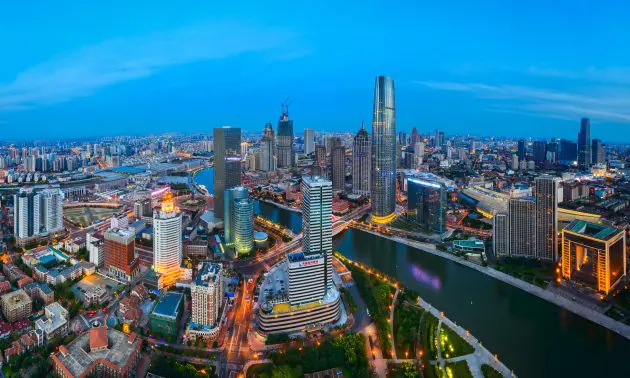Sudan's Foreign Minister Ali Karti said the controversial issue of Halayeb region would not "lead to conflict or war" with Egypt, voicing big chances for mutual cooperation between the two countries.
Halayeb triangle region, located on Egypt's southern border with Sudan and comprising three cites, has been a source of tension between both countries since Sudan gained independence from joint Britain and Egyptian rule in 1956, with dispute at times over the right to manage the region's petroleum resources.
"Halayeb is a long-time highly contentious issue between Egypt and Sudan, but it doesn't signal any crisis," Karti told Xinhua in an exclusive interview on Monday.
The issue should be tackled in its natural frame without media provocation, Karti said, stressing "it is easy to reach consensus over the issue, and if we fail, the two countries could resort to law and international arbitration."
The top Sudanese diplomat reiterated that "Halayeb border region wouldn't be the issue that could cause any conflict or war between the two brotherly countries."
Sudan and Egypt have lived in a stifled crisis since the ouster of Islamist President Mohamed Morsi by the army in July last year, amplified by security tensions in the Sinai region in Egypt, and Cairo's indirect accusation against Sudan of supporting the Muslim Brotherhood, from which Morsi hails.
Cairo decided in April that this triangle should be considered a province of Egypt and has signed contracts with companies for gold exploration in the area.
In response to the Egyptian move, the government in Khartoum deployed a force of marines to take their positions in the region in early May, a move that raised fury of the Egyptians who were quick to emphasize that Halayeb is Egyptian.
On Sept. 10, Sudan's Supreme Electoral Committee said Halayeb is among electoral districts of the country's 2015 presidential and parliamentary elections, due in April 2015, remarks Egypt has swiftly lashed out at. It is not the first time that the region, inhibited by tribes that trace their roots to both Sudan and Egypt, has been listed amongst Sudan's constituencies.
"Egypt's lands aren't subject to retail and Egypt has full sovereignty over its territory," the Egyptian Foreign Ministry said in a statement on Sept. 11.
With an area of 20,580 square km on the Red Sea's African coast, the triangle comprises the cities of Halayeb, Abu Ramad and Shalateen. The triangle which features fish resources and fertilized land that depend on rains and groundwater, is a highly potential area for luring investments.
Karti said Sudanese President Omar al-Bashir will visit Egypt on Saturday to discuss developing the bilateral relations and mutual cooperation especially in trade and economic fields and investment projects.
There are essential investment opportunities for both countries, he said, adding "it is time for the Egyptian government to consider investing in Sudan, and benefiting from Sudan's diversified resources."
The Sudanese minister added the Egyptians could invest in the agricultural lands near the border in addition to manufacturing investment, noting that Sudan's government has approved launching an industrial city for Egyptian investors.
The trade volume between the two countries reached 839 million U.S. dollars in 2013 compared to 772 million dollars in 2012 with 8.7 percent increase.
The Egyptian investment projects in Sudan from 2000-2013 were estimated at 10.8 billion dollars, mostly concentrated on industry, agriculture and service sectors.
Sudan's president will discuss with his Egyptian counterpart regional cooperation likewise security in their neighboring Libya and Southern Sudan. They will also tackle issue of the Ethiopian renaissance dam and its impact on Egypt's share of the Nile water, Karti added.
Concerning combating terrorism, Karti noted an agreement was reached between Sudan's defense minister and President Abdel Fattah al-Sisi who was then the Egyptian army chief to deploy forces on the western border of the Nile to avoid the infiltration of traffickers, weapons and saboteurs.
He voiced hope to expand the forces to cover the eastern part of the Nile, and also aspired the Halayeb issue won't hinder the supervisory mechanism of the Nile on the border between the two countries.
Egypt's officials always claim traffickers use the Sudanese borders to penetrate the extremist groups into Egypt and illegal immigration of the Africans to Israel, beside drug trade. Enditem
 简体中文
简体中文

